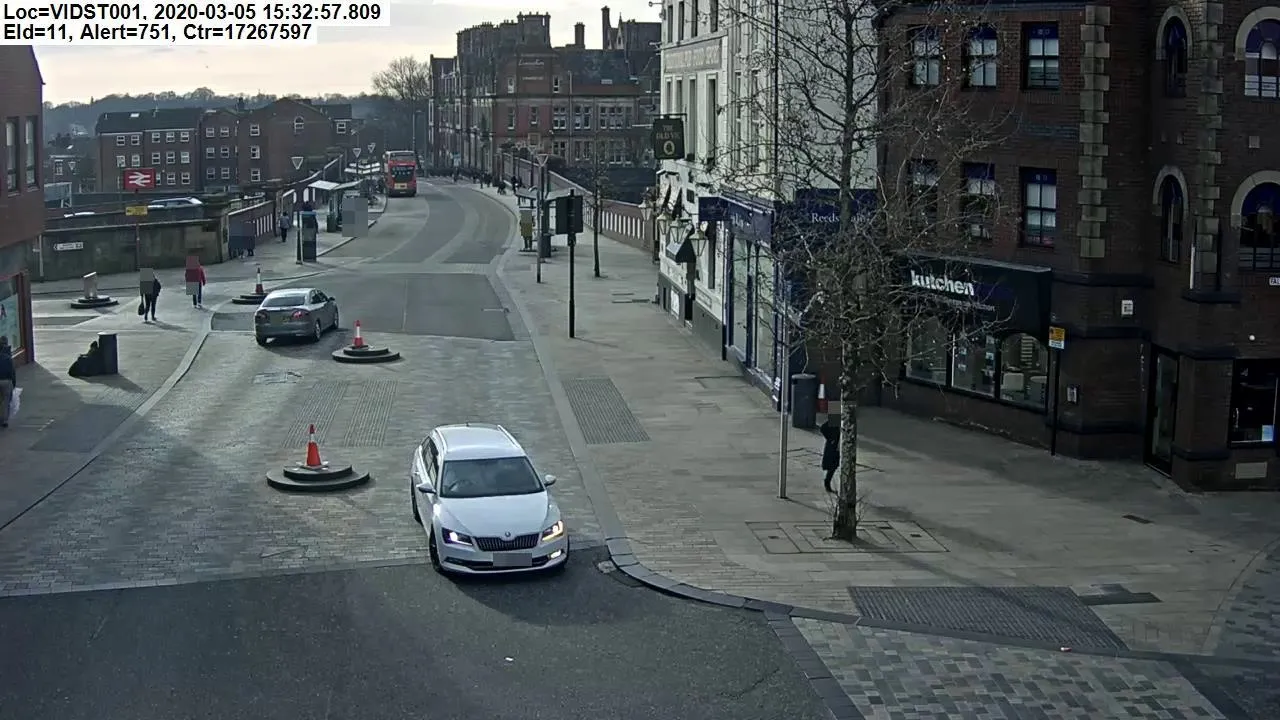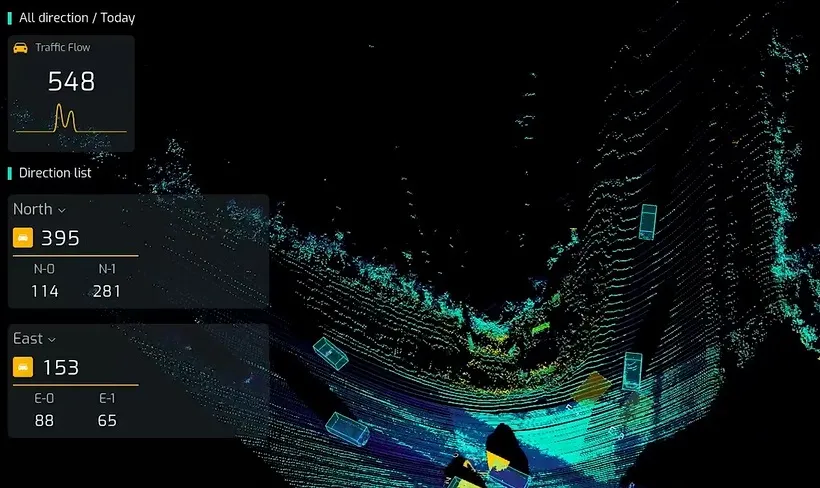
Videalert’s hosted CCTV platform is initially operating in 15 locations in the towns of Preston, Burnley and Lancaster.
"The single platform approach coupled with significant uptime demands meant our old cameras were seriously impacting on the effectiveness of our bus lane and ongoing parking enforcement strategy," explained Peter Bell, parking and regulation manager at Lancashire County Council.
"Bus lanes improve travel times for people using public transport, and the Videalert system enables us to meet our compliance objectives by delivering a consistently higher level of performance, as well as providing the highest availability. The platform also delivers better value as future-proofing is built-in and additional camera assets and enforcement applications can be cost effectively added as required.”
Videalert says its ONVIF-compliant, digital HD cameras capture high quality images to minimise discard rates, increase productivity and help reduce the number of appeals.
Captured evidence packs are stored on Videalert’s platform where they can be accessed and reviewed securely over the internet. Validated packs are sent to the council’s back office system to issue penalty charge notices, which means that no IT needs to be installed at the customer's offices.
The council has a plan for further roll-out and is considering other applications, including red routes and mobile enforcement vehicles, to add to the digital video platform.
Other traffic management and enforcement applications, such as clean air and low emission zones, can use the same infrastructure.
Tim Daniels, sales and marketing director at Videalert, said: "We are currently replacing an increasing number of legacy systems and enabling enforcement to be extended to further improve compliance without incurring major additional capital expenditure."









